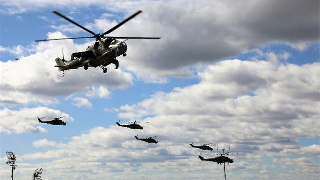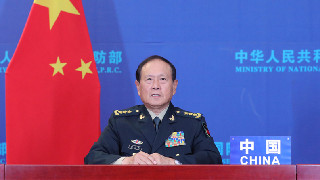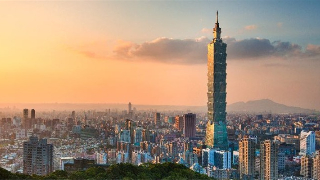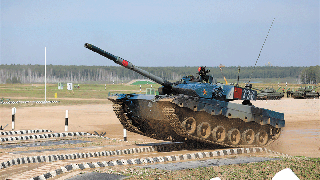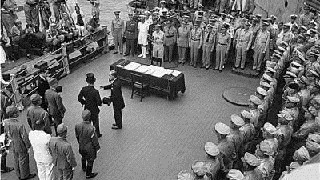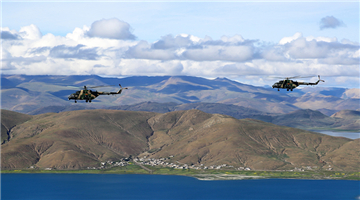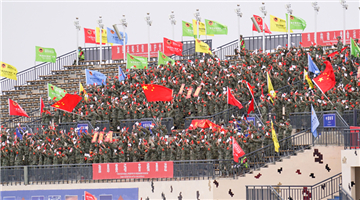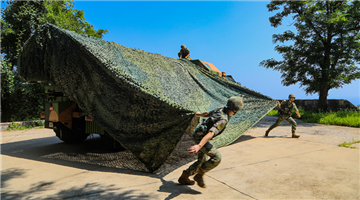By Liu Shiqi
On August 7, a military camp in northeast Mali was attacked by terrorists, leaving 42 soldiers dead and 22 injured and 37 terrorists dead. The Mali government said the attack was very likely organized by the extremist organization Islamic State in the Greater Sahara (ISGS), which pledges allegiance to the extremist organization Islamic State (IS). Based in Sahel, ISGS is active in West African countries like Mali, Niger and Burkina Faso, and has been attacking military and civilians on the Mali-Niger border every now and then.
The latest attack epitomizes the worsening security situation in Mali in the past decade. In 2012, separatists controlled the northern part of the country and sparked the Mali crisis. Since then, terrorist forces have spread southward, subjecting the central and border regions to constant terrorist attacks, with particularly high risks in the capital city of Bamako. The surging terrorist and violent activities in Mali and their spread to surrounding countries have aroused close attention in the international community.
Supported by the United Nations Multidimensional Integrated Stabilization Mission in Mali (MINUSMA) and the Economic Community of West African States Monitoring Group (ECOMOG), the domestic situation in Mali has improved to some extent in recent years. However, as lots of African terrorists went back to Africa after IS took severe losses in the Middle East in 2017, the armed rebels in Mali colluded with radical forces, turning the region increasingly into a hotbed for terrorism. At present, the Sahel region, where Mali, Burkina Faso and Niger are located, is home to the most rampant terrorist activities in Africa.
The worsening security situation and rising risks of terrorist attacks in Mali reflect the multiple crises faced by the country.
First, Mali is politically precarious. Two coup d'états since 2020 have thrown another blow to the already fragile social security, which, coupled with the transition government’s lack of policy continuity, has made it ever harder to curb terrorist activities and extremist violence.
Second, the rampant COVID-19 pandemic has lent a heavy blow to Mali’s economy. The financial and trade sanctions imposed by certain countries on it since 2020 have further aggravated the teetering economy. According to a report by the World Bank, Mali’s economy grew only 3.1% but its poverty incidence shot up to 44.4% in 2021. Furthermore, the rare rainfall, reaching a historical new low, has slashed the country’s grain output by 15% compared to the five-year average, which is barely enough to keep everyone alive, let alone create opportunities for development.
Third, in terms of international support, in February this year, France, which has been carrying out anti-terror operations in the Sahel region for nine years, withdrew from Mali. The pullout of international troops led by France left a security vacuum in the country that may allow the terrorist forces to make a comeback.
Considering the current complex security situation in Mali, the international community should tackle the root causes, exert the role of the Group of Five for the Sahel, provide more support, and avoid strengthening the terrorist forces while combatting them. For one thing, efforts should be made to improve Mali’s economic level and governance capability in order to promote peace through development. Mali must invest more to boost economy, eliminate poverty, create more jobs and advance education, allocate resources and personnel where they are needed most, and focus on tackling the fundamental issues. For another, the Group of Five for the Sahel must be brought into full play as the frontline anti-terror forces. The Sahel region is an indivisible security community, where Mali, Burkina Faso, Chad, Mauritania and Niger should work together to put up a barrier against terrorist forces. For a third, the international community should provide more support to regional countries, fortify their ability for self-development, and try to remove the soil for terrorism.
(The author is from the Belt and Road School of Beijing Normal University)
